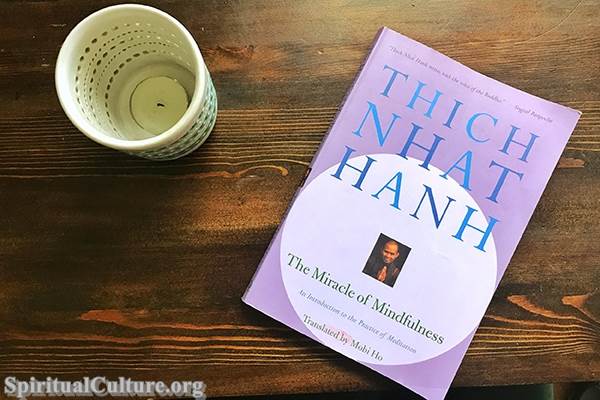In Buddhism, there is no concept of worshipping a deity or deities in the way common in some other religions. Instead, Buddhists focus on cultivating mindfulness and compassion and on following the path laid out by the Buddha to end suffering and achieve enlightenment.
There are many different practices that Buddhists may engage in as part of their spiritual path, including:
Meditation
Meditation is a central practice in Buddhism and involves training the mind to be present and focused in the present moment. There are many different meditation techniques, including mindfulness meditation, loving-kindness meditation, and concentration meditation.
Recitation of mantras
Some Buddhists may recite mantras, sacred phrases, or syllables believed to have spiritual power. Mantras are typically repeated as a form of devotion or cultivating a specific state of mind.
Prostrations
Some Buddhists may engage in prostrations, which involve kneeling or bowing down in a gesture of respect or devotion. Prostrations may be performed in front of a shrine or other sacred object.
Chanting
Many Buddhists chant, which involves repeating a sacred text or phrase. Chanting may be done in a group or individually and may be accompanied by musical instruments.
Offerings
Buddhists may make offerings to the Buddha or other deities to express respect and devotion. These offerings may include flowers, incense, food, or other items.
The way Buddhists worship depends on the individual and their tradition. Some Buddhists may follow a more formalized set of practices, while others may follow a more relaxed and informal approach.




